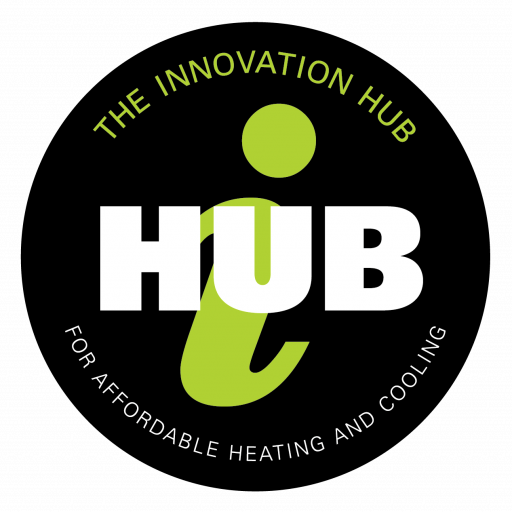Healthcare Living Laboratories
About the project
This new RAC will support validation of innovations in building products, smart sensors and control devices, and electricity generation, storage and trading.
| Project title | Healthcare Living Laboratories – Fernhill Residential Aged Care |
| Project number | LLHC3 |
| Project location | Caboolture, Queensland |
| Lead partner | Queensland University of Technology |
| Contact | Dr Wendy Miller School of Built Environment Science and Engineering Faculty |
| Project partners | – |
| Project participants | Bolton Clarke Synengco Steinel Australia |
| Start date | 01/07/2019 |
| End date | 30/06/2022 |
| ARENA/i-Hub funding | $283,260 |
| Total project cost | $769,200 |


Need
Energy consumption in aged care is dominated by space heating and cooling, hot water services and lighting. Power (kW) and energy (kWh) are strongly correlated to outside temperature, accounting for 80% of variation in electricity consumption and resulting in weather-induced impacts. Current energy consumption benchmarks relate to occupancy levels or floor area. There is a need to understand and manage daily and seasonal energy demand profiles for different services, and the impact these have on energy costs, the local and national grid, and greenhouse gas emissions.
Action
The Fernhill RAC sub-tropical climate passive design maximises natural lighting and ventilation and somewhat minimises solar heat gain in summer. A high level of energy efficiency is incorporated in lighting, HVAC and energy management systems. The Living Lab will enable HVAC and building services industries to have innovative technologies independently validated in a ‘live’ setting, drawing not only on the technical performance but also on the impact and acceptability of the technologies for occupants, staff and facilities managers / owners. Technologies will be evaluated in terms of energy and power reductions, life-cycle operational costs and environmental impact.
Outcome
Fernhill RAC Living Lab where HVAC and building services can be tested and validated.
Technical reports on at least 2 tested technologies in first two years.
Establishment of a waiting list for technology testing.
Practical and cost-effective ways RAC facilities can achieve a 30%+ reduction in energy demand/consumption and greenhouse gas emissions, through the use of new technologies relating to HVAC control, demand management, grid interoperability and renewable energy.
Information disseminated to wide aged care and healthcare industry.
Additional impact
More detailed baseline metrics for energy consumption, demand and renewable energy specific to this facility and this aged care provider.
Knowledge sharing activities through QUT, Bolton Clarke, contractors and technology providers, and wider sector activities (refer to project Living Labs Healthcare – Sector Wide).
Jobs: QUT student projects (undergraduate and post graduate) and internships/work experience.
Project reports
Evaluation Framework
All sub-projects within i-Hub are evaluated as part of the ongoing i-Hub project management process. Evaluation is completed by the project manager and reviewed by the Activity Leaders Group and i-Hub Steering Committee. Please click here to read the Evaluation Framework.
Created on 31/01/2020
